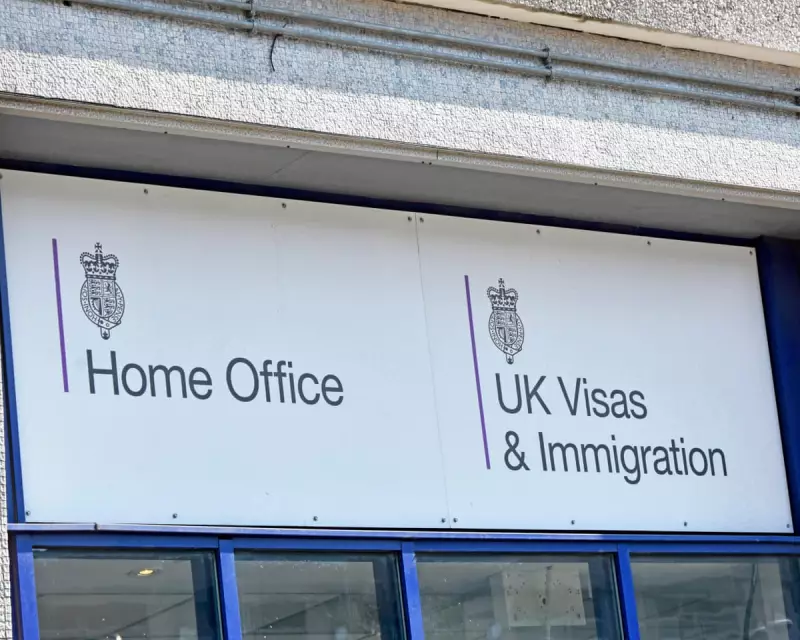
Newly released figures from the Office for National Statistics (ONS) have thrown a bombshell into the UK's immigration debate, revealing a dramatic shift in the country's migration patterns. The data provides the first comprehensive look at the impact of recent government policy changes, and the story it tells is more complex than the political soundbites suggest.
The Headline Number: A Sharp Decline
The most striking figure is the significant drop in net migration—the difference between the number of people arriving and leaving the UK. This key metric has fallen substantially from its previous peak, largely driven by a decline in non-EU nationals arriving for work and study. This shift is a direct consequence of the government's tightening of visa rules for care workers and post-graduate students.
Beyond the Spin: What the Data Really Shows
While ministers are quick to claim victory, a deeper dive into the statistics reveals a nuanced picture.
- Work Visas Down: The number of health and care visas issued plummeted, a targeted effect of the policy banning care workers from bringing dependants.
- Student Numbers Adjust: The influx of students has also cooled, particularly among those bringing family members.
- The 'Long-Term' Question: Experts urge caution, noting that these are early figures. It remains unclear if this is a permanent trend or a short-term reaction to new rules.
The Unresolved Tension: Politics vs. Economics
The core conflict at the heart of UK immigration policy remains unresolved. On one hand, there is intense political pressure to 'take back control' and reduce overall numbers. On the other, the UK economy has a voracious appetite for skilled labour in sectors like healthcare, technology, and hospitality, which cannot always be met domestically.
This report highlights that while policies can successfully reduce numbers in specific categories, they risk creating critical shortages elsewhere, forcing future governments into a perpetual cycle of adjustment.
Looking Ahead: A Sustainable Policy?
The question now is whether this downturn is sustainable. With general elections on the horizon, all major parties are crafting their immigration pledges. This data will be the benchmark against which all future promises are measured. However, economists warn that without a long-term strategy that balances public concern with economic reality, the UK will remain trapped in a cycle of reactive, often contradictory, policy changes.
The numbers are in, but the final chapter on UK immigration is far from written.





